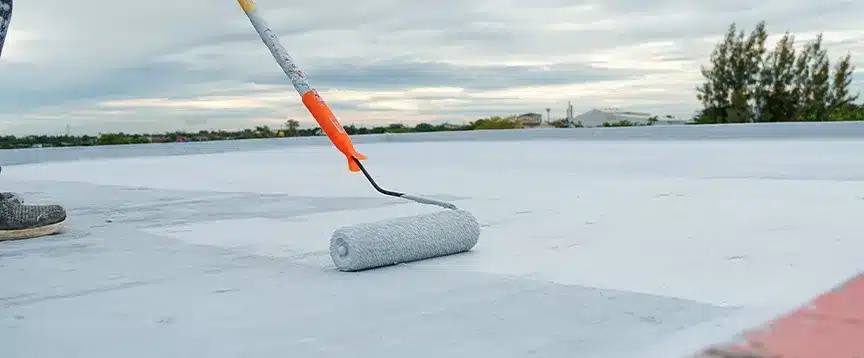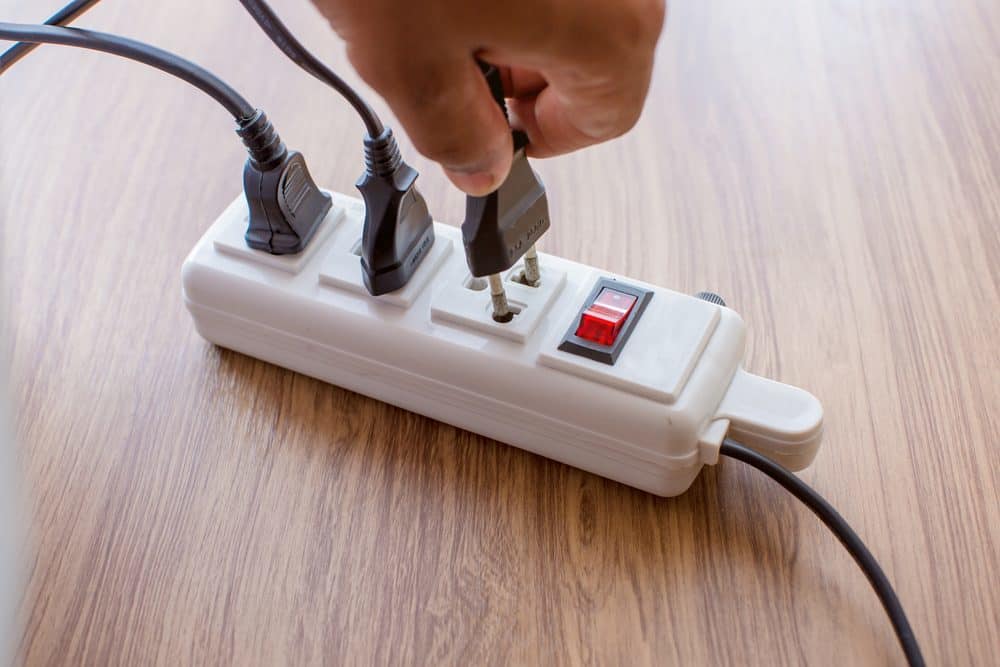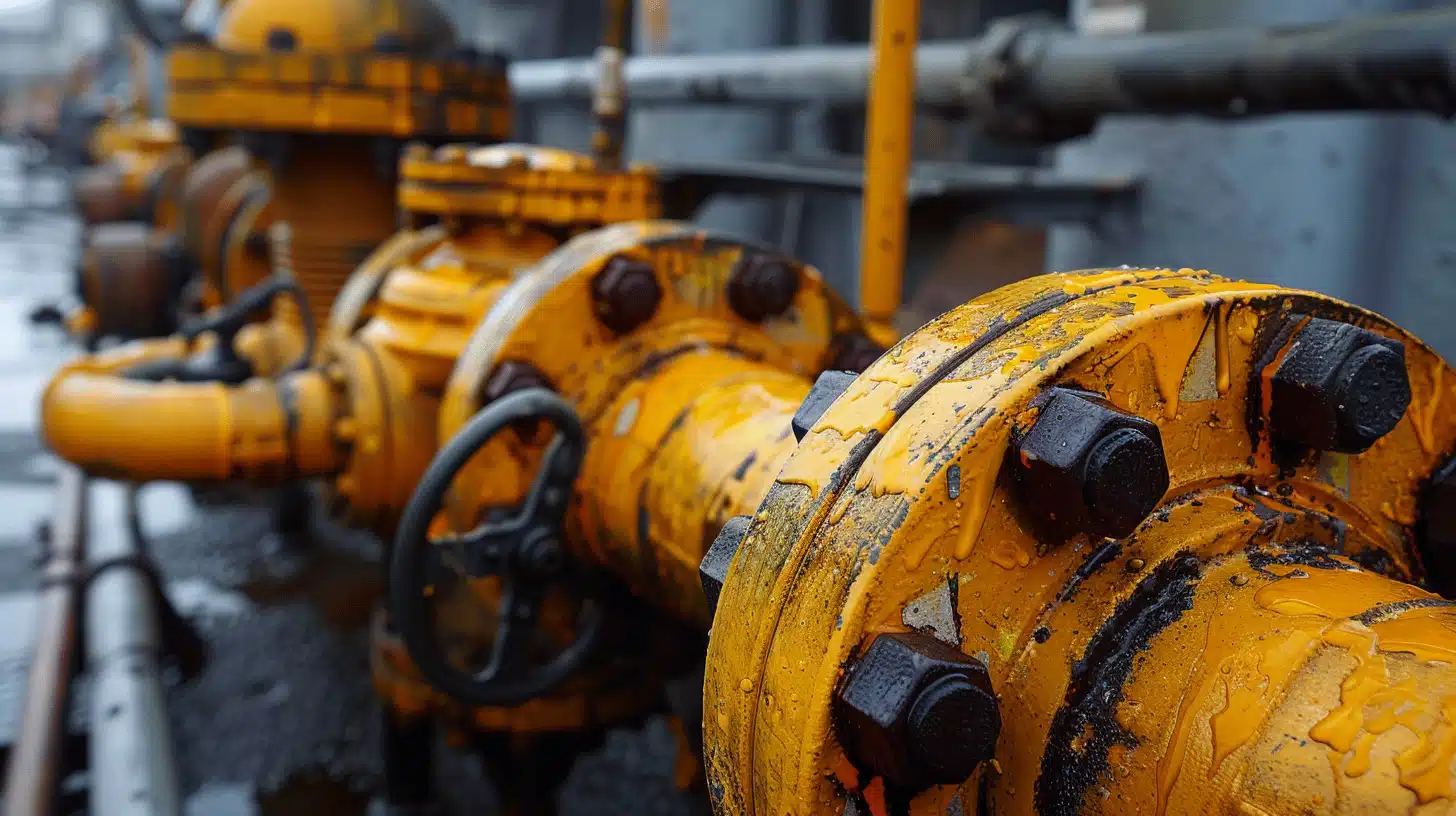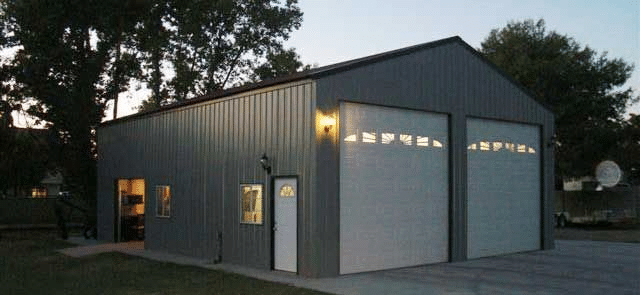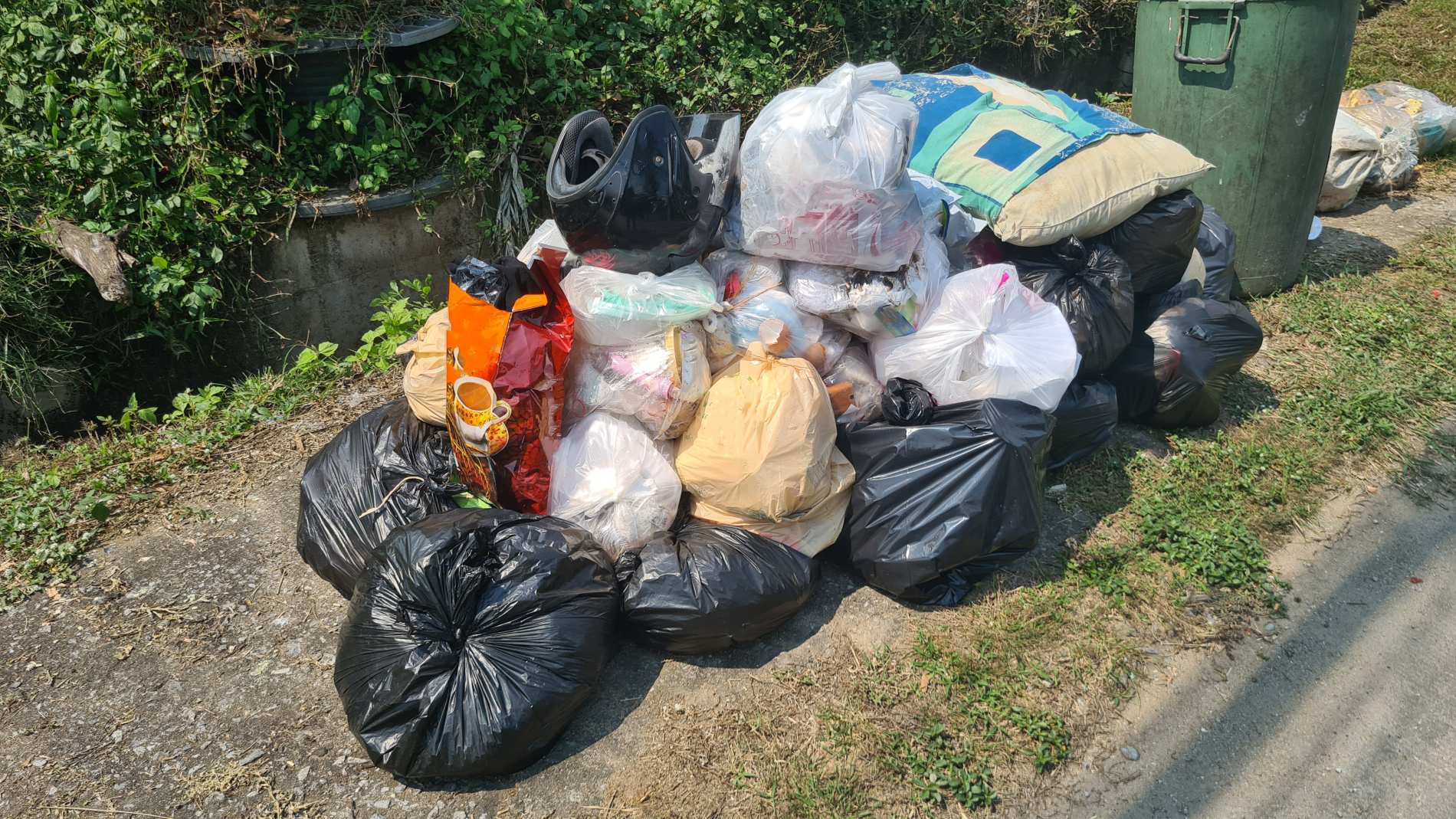Is Basement Waterproofing Worth the Investment – Short-Term & Ling-Term Benefits?
The basement of a home often remains a hidden, overlooked space, tucked beneath the main living areas. However, it plays a critical role in the structural integrity and overall health of a house. One of the challenges that homeowners frequently face is water infiltration into their basements, leading to potential damages, health hazards, and decreased property value. Basement waterproofing has emerged as a solution to counter these issues, but is it truly worth the investment? This article delves into the benefits, costs, and long-term advantages of basement waterproofing to determine whether it is a prudent financial and practical decision for homeowners.
Unders2tanding Basement Water Infiltration
Basement water infiltration is a common problem faced by homeowners across various regions. Factors such as heavy rainfall, poor drainage systems, inadequate grading, and even the natural movement of groundwater can contribute to water seeping into the basement. The consequences of water infiltration are not merely cosmetic; they can lead to serious structural damage, the growth of mold and mildew, and health risks associated with poor indoor air quality. In extreme cases, a compromised foundation can jeopardize the entire house’s stability.
The Benefits of Basement Waterproofing Services
1. Structural Integrity – basement waterproofing is not solely about preventing water from entering; it’s about safeguarding the structural integrity of the home. By creating a moisture barrier, waterproofing mitigates the risk of foundation cracks, erosion, and shifting, ensuring the longevity of the building’s foundation.
2. Health and Safety – damp basements can foster the growth of mold and mildew, which release harmful spores into the air. These spores can trigger allergies, respiratory problems, and other health issues among the home’s occupants. Waterproofing helps maintain a healthier indoor environment.
3. Increased Property Value – a dry, functional basement adds to the overall livable space of a home. When potential buyers see a well-maintained, waterproofed basement, it can make a positive impression and potentially increase the property’s resale value.
4. Energy Efficiency – waterproofing can enhance a basement’s insulation and energy efficiency. By sealing off moisture, homeowners can reduce the workload on heating and cooling systems, ultimately leading to lower energy bills.
5. Peace of Mind – knowing that your basement is protected against water infiltration provides peace of mind, especially during heavy rainfall or flood-prone seasons. This confidence in your home’s structural integrity can alleviate stress and worry.
Cost Considerations
While basement waterproofing offers a host of benefits, it’s essential to consider the associated costs. The expenses of waterproofing can vary significantly based on factors such as the size of the basement, the severity of the water infiltration, the chosen waterproofing method, and the geographical location of the property.
1. Interior vs. Exterior Waterproofing – interior waterproofing methods, such as applying sealants and installing drainage systems, tend to be less expensive than exterior methods like excavating and applying waterproof membranes. However, exterior solutions may be necessary for severe cases or when there’s a risk of groundwater intrusion.
2. DIY vs. Professional Installation – some homeowners opt for DIY waterproofing kits to cut costs. While these kits can be cost-effective, they might not provide the same level of comprehensive protection and expertise as professional installation.
3. Long-Term Investment – basement waterproofing should be viewed as a long-term investment. While the initial cost may seem significant, it pales in comparison to the potential expenses of repairing structural damage, remediating mold, and addressing health issues caused by a damp basement.
4. Comparative Costs – when evaluating the worth of basement waterproofing, it’s crucial to compare the cost of waterproofing to the potential costs of repairs and renovations that might arise due to water damage. Replacing a compromised foundation or extensive mold remediation can be substantially more expensive than preventive waterproofing measures.
Long-Term Advantages
1. Preventive Maintenance – basement waterproofing is a proactive measure that prevents future problems. It addresses the root cause of water infiltration, ensuring that the basement remains dry and structurally sound for years to come.
2. Avoidance of Secondary Damages – water damage in a basement can lead to a domino effect of issues, such as electrical malfunctions, compromised HVAC systems, and damaged personal belongings. Waterproofing mitigates these risks and prevents costly secondary damages.
3. Preservation of Property Value – a waterproofed basement preserves the property’s value by avoiding deterioration caused by water damage. Additionally, potential buyers are likely to view a waterproofed basement as a valuable asset, increasing the likelihood of a quicker sale and potentially commanding a higher price.
4. Health and Well-Being – a dry, mold-free basement contributes to the overall well-being of the home’s occupants. Improved indoor air quality reduces the risk of allergies, asthma, and other respiratory ailments, creating a healthier living environment.
In the grand scheme of homeownership, basement waterproofing proves to be a worthwhile investment. While it comes with an initial cost, the long-term advantages far outweigh the expenses. By safeguarding structural integrity, improving indoor air quality, and preventing potential health hazards, basement waterproofing offers both financial and practical benefits. Homeowners must weigh the costs against the potential consequences of water infiltration, foundation damage, and mold growth. In the end, the decision to invest in basement waterproofing can lead to greater peace of mind, increased property value, and a healthier living environment for years to come.

